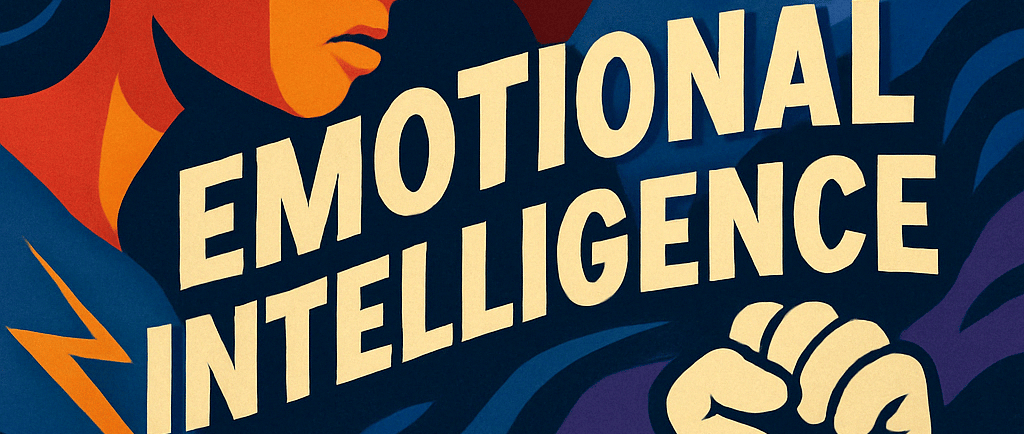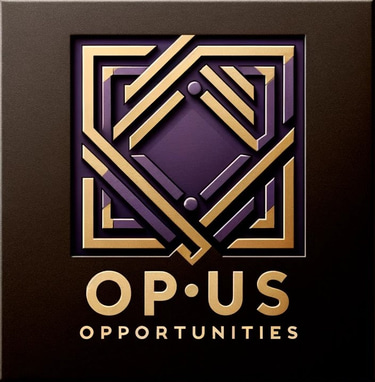The Soft Skill That’s Actually Hardcore: Why Emotional Intelligence Is the Ultimate Career Advantage
In a world filled with deadlines, data, and constant pressure, one trait quietly defines the most impactful professionals: Emotional Intelligence (EQ).
Kamy Charles
4/23/20251 min read


In a world filled with deadlines, data, and constant pressure, one trait quietly defines the most impactful professionals: Emotional Intelligence (EQ).
It’s not about being “nice”—it’s about being intentional. EQ is your ability to understand, manage, and influence emotions—yours and others’. And while it’s often called a soft skill, the results it drives are anything but.
Here’s why Emotional Intelligence is your secret weapon:
1. EQ Sets the Tone in High-Stress Environments
Leaders with high EQ stay calm under pressure, helping others do the same. That calm becomes a productivity driver, not just a vibe.
2. EQ Enhances Collaboration
People want to work with others who make them feel seen and heard. EQ makes you a better teammate, mentor, and communicator—three things no job description explicitly requires but every great role demands.
3. EQ Fuels Better Decision-Making
High-EQ professionals consider context, relationships, and nuance when making choices—skills AI can’t replicate and data alone won’t explain.
4. EQ Elevates Leadership
Being the loudest in the room isn’t leadership—being the most grounded is. The best leaders regulate their emotions, read their audience, and guide with empathy.
How to Build EQ at Work:
Pause before reacting.
Listen to understand—not to respond.
Check your assumptions.
Ask, “What does this person need right now?”
Reflect on emotional triggers and patterns.
Final Thought:
Being emotionally intelligent isn’t about perfection—it’s about presence. It’s about showing up with awareness, compassion, and resilience.
So the next time someone downplays EQ? Just remember: Emotional intelligence isn’t soft. It’s strong, strategic, and essential.
